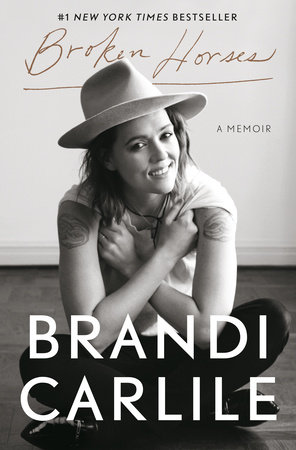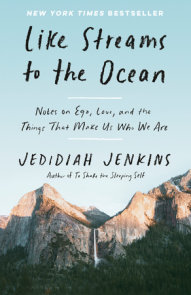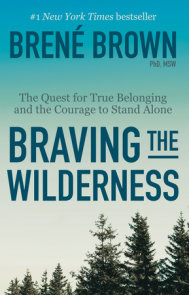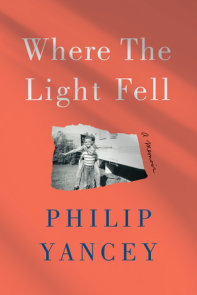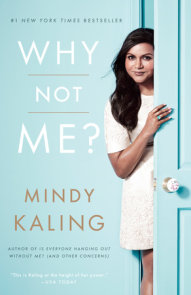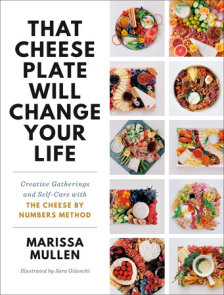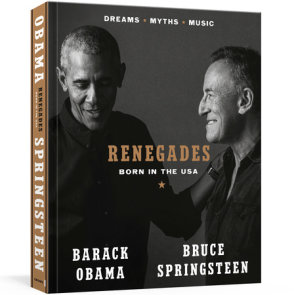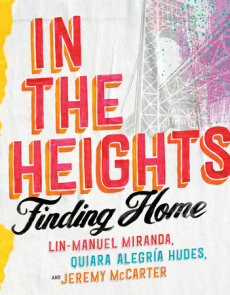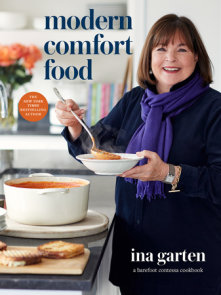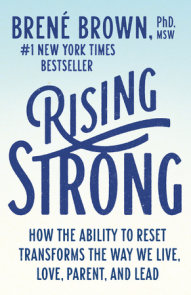READERS GUIDE
Broken Horses Discussion Questions1. Carlile notes at the start of the book that her daughter Evangeline helped name it. What do you think of the title Broken Horses? Is it fitting? In what other ways does Carlile amplify the strength and meaning of “broken horses” beyond its literal interpretation?
2. Carlile writes, “For kids like me for whom every experience is set against a different visual and intense circumstance, it’s really easy to remember details of an early life. I see this now as a priceless gift . . . but it isn’t one I’d give to my kids.” What do you think she means by “priceless gift” and why is it not one she wants her kids to have? How has this ability served her throughout her life so far?
3. Throughout the book, Carlile speaks of the significance of forgiveness, stating it’s not what she identifies as “patronizing, whitewashed, uppermiddle-class, a suburban kind of word in our culture that is used more often to vilify than to redeem.” Describe what you think she means here. How do you define forgiveness? What role does forgiveness play in this story?
4. Consider Carlile’s view of God and faith. How did her teenage baptism experience affect her throughout the years? Discuss her acknowledgment of “ALL the harm Christianity has done” and how she reconciles these views. How does her emphasis on forgiveness tie into this mindset?
5. Carlile notes that she didn’t so much have a “coming out” to her family, but more of an “uncomfortable and awkward . . . emergence” that she describes as “clumsier and less beautiful.” How did this formative experience with her family impact her, and her own comfort with her sexuality?
6. Carlile refers to her bandmates Tim and Phil Hanseroth as “her twins.” How has their relationship evolved over time? How has their friendship and closeness shaped her?
7. Brandi notes, “It’s tricky business falling in love that first couple of times. Never sure which parts of your childhood you’re trying to remedy . . . sometimes replicate.” What do you think she means? Discuss Brandi’s early relationships, the “in-loveness” she experiences. Were there common aspects to them? How did they influence her future relationships? Her music?
8. Carlile is refreshingly frank about impending roles of parenthood— particularly how “it also boxes LGBTQ couples into a male-female role paradigm that inevitably just makes them feel more alone. This is what happened to me. I felt useless and humiliated by those [parenting] classes. It made the confusing grief about not being pregnant take on a whole new shape.” Do you see these gendered roles play out in your own feelings toward and/or experiences with pregnancy or parenting? How can we provide space and a voice for diverse families and parenthood?
9. Carlile includes song lyrics in between chapters and woven throughout the book. Which of her songs resonates most with you? Does seeing the lyrics laid out in the book give you a greater appreciation of the artist, or a deeper understanding of the content that preceded it?
10. Carlile claims to have an “insatiable case of impostor syndrome that I don’t know if I’ll ever fully kick.” Can you identify with her feelings? Is there comfort in knowing that a successful musician also feels this way sometimes?
11. At one point, Carlile describes herself as “two women” (one attention-seeking and the other a “gay-handed scallywag”) and goes on to explain what she means. Do you experience opposing forces in your own life? How do you reconcile the two?
12. At the 2016 protest in Seattle of the Trump administration’s Muslim ban, Carlile was supposed to sing on stage, but instead helped out with the equipment and learned an important lesson about her privilege. She asks “Are there cables in your life that you might be able to untangle for someone? Are you waiting to sing but still learning to listen?” Discuss. How do you answer those questions in your own life?
13. The book closes in the fall of 2020, in middle of the Covid-19 pandemic. How has the lockdown changed the way how artists connect with the public? What are the drawbacks? Are there any silver linings?
14. Near the end of the book, Carlile urges readers to “Write your life. No matter how young or old. Even if you feel like you’re not interesting enough.” Have you ever considered writing down your own story? Are there experiences or memories that you might view differently upon written reflection?









